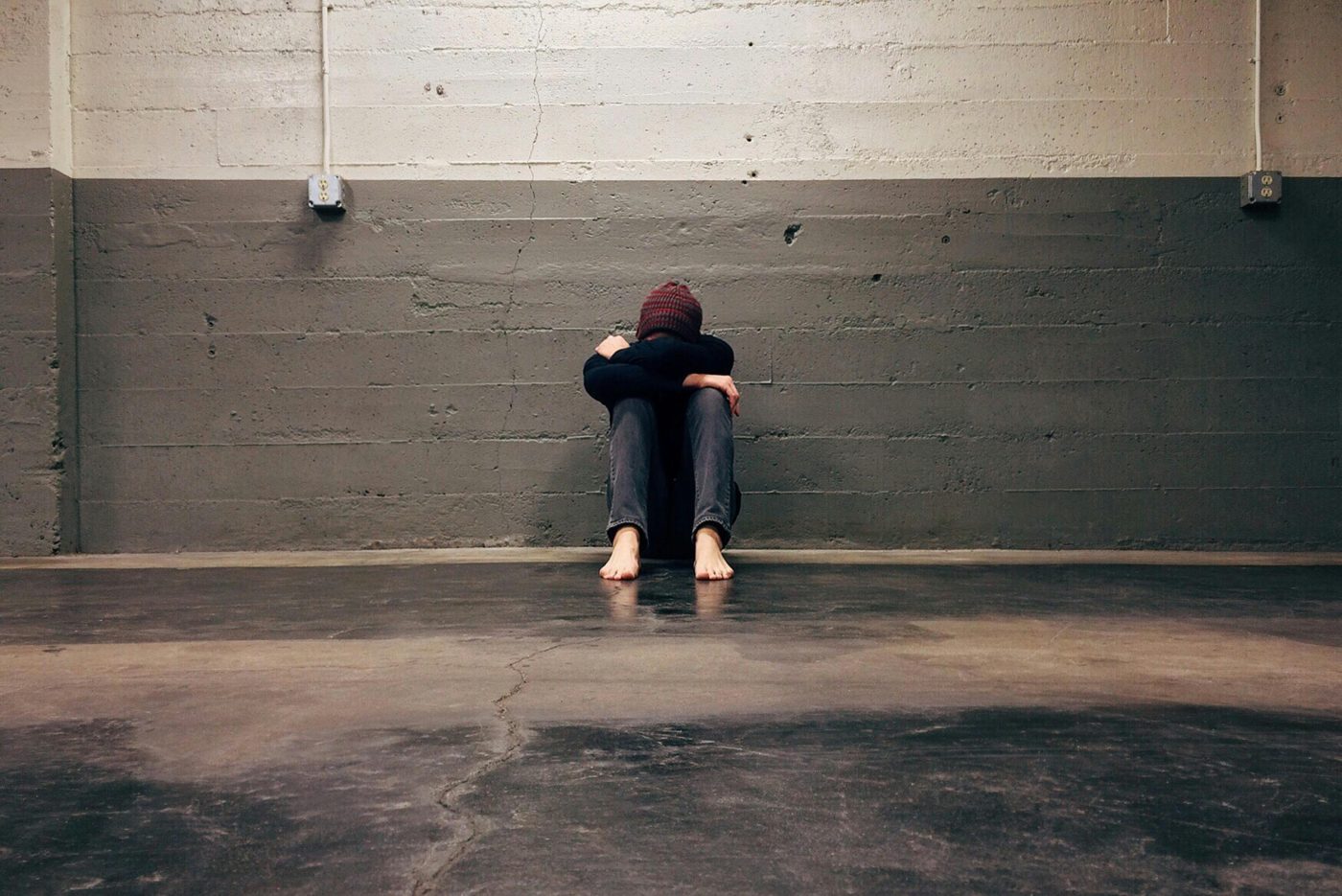
Depression
General information about depression
Go to Health Professional Version
Key Points
- Depression is different from normal sadness.
- Depression can be treated.
- Some people with cancer may have a higher risk of depression.
- There are many medical conditions that can cause depression.
- Family members of people with cancer are also at risk of depression.
Depression is different from normal sadness.
Depression is more than feeling down or sad from time to time. It is a medical problem marked by ongoing feelings of sadness, despair, loss of energy, and difficulty dealing with daily life. If you have these feelings most of the day for longer than 2 weeks, it may be a sign of major depression.
Other symptoms of major depression include
- loss of pleasure and interest in activities you used to enjoy
- changes in eating and sleeping habits
- slow physical and mental responses
- feeling restless or jittery
- unexplained tiredness
- feeling worthless, hopeless, or helpless
- feeling a lot of guilt for no reason
- not being able to pay attention
- thinking the same thoughts over and over
- frequent thoughts of death or suicide
People diagnosed with cancer may also have other symptoms of depression, such as
- feelings of disbelief or denial
- anxiety or worry about the future
- grief
Symptoms of depression are not the same for every person.
Cancer-related risk factors such as cancer type, stage, and treatment may contribute to depression, but having a personal history of mental health issues or a lack of social support are more important factors. Cancer-related fatigue, pain, and weaker physical condition can also increase depression risk.
Depression can be treated.
It’s important to know that help is available for people with depression. Tell your health care team how you are feeling and discuss your treatment options with them. Getting the help you need is important for your life and your health.
If you have thoughts of suicide, dial 911 in an emergency or call, text, or chat 988 to reach the 988 Suicide and Crisis Lifeline. Counselors are available 24 hours a day, 7 days a week, including for people who are deaf or hard of hearing.
To learn more about depression
For more information from the National Cancer Institute about depression, see
For general information about depression and suicide prevention from the National Institute of Mental Health, see
Syndicated Content Details:
Source URL: https://www.cancer.gov/node/2002/syndication
Source Agency: National Cancer Institute (NCI)

